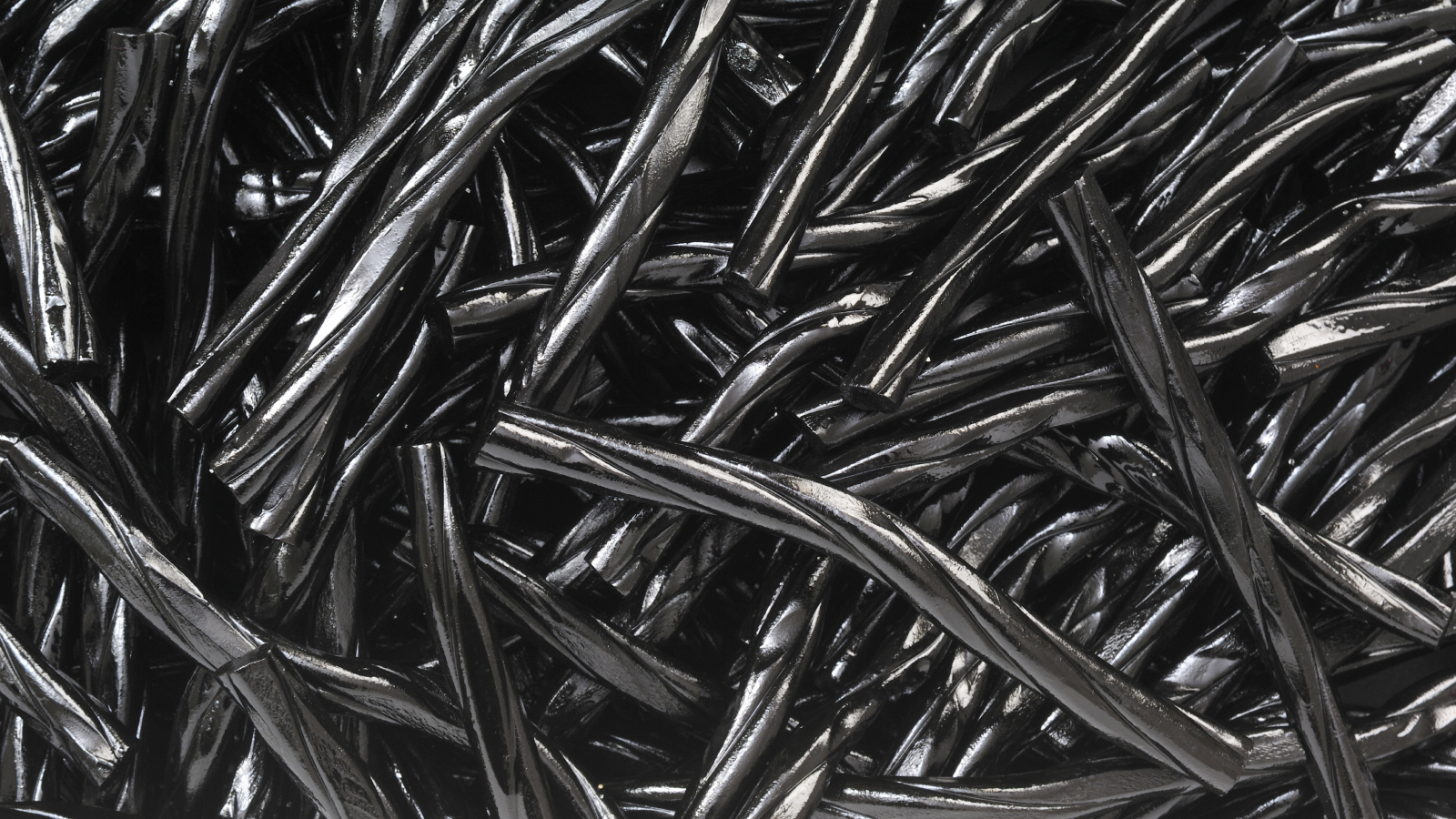Sustainability, Vol. 15, Pages 8744: Dajia Mazu Pilgrimage Show: Exploring the Sustainable Development of Taiwan’s Religious Tourism from the Perspectives of Attraction, Happiness, and Revisit Intention
Sustainability doi: 10.3390/su15118744
Authors: Chih-Yu Liu Cheng-Ping Li Chao-Chief Chen Chin-Hsien Hsu Cheng-Hsien Lin
The Dajia Mazu pilgrimage is one of the most well-known events in the world. It not only satisfies tourists’ spiritual desires for religious beliefs but also drives the development of destination tourism. In recent years, the tourism industry has been severely impacted by COVID-19. However, tourists participating in the Dajia Mazu pilgrimage continue to do so without fear of the pandemic. Therefore, understanding the relationship between tourists’ attraction to religious tourism, perception of happiness, and willingness to revisit can contribute to the sustainable development of religious tourism, especially in the context of COVID-19. Accordingly, this study explored the sustainable development of Taiwan’s religious tourism from the perspectives of tourism attraction, experiential value, happiness, and revisit intention. The study conducted quantitative research to address the research issue. Three hundred and fifty valid questionnaires were collected through on-site questionnaire distribution, and the data were analyzed by descriptive statistics and the structural equation partial least squares method. According to the results, the tourism attraction of the Dajia Mazu pilgrimage and the experiential value of tourists significantly impact happiness and revisit intention. Happiness is part of the intermediary variables of tourism attraction, experiential value, and revisit intention. Notably, the attraction of the Dajia Mazu pilgrimage and the experiential value pursued by tourists have not diminished despite the pandemic. Instead, the attraction has become an opportunity for tourists to seek spiritual comfort and support sustainable religious tourism development. Accordingly, spiritual comfort and maintaining their health and safety can be considered strategies to promote the sustainability of religious tourism in Taiwan.

 1 year ago
35
1 year ago
35


